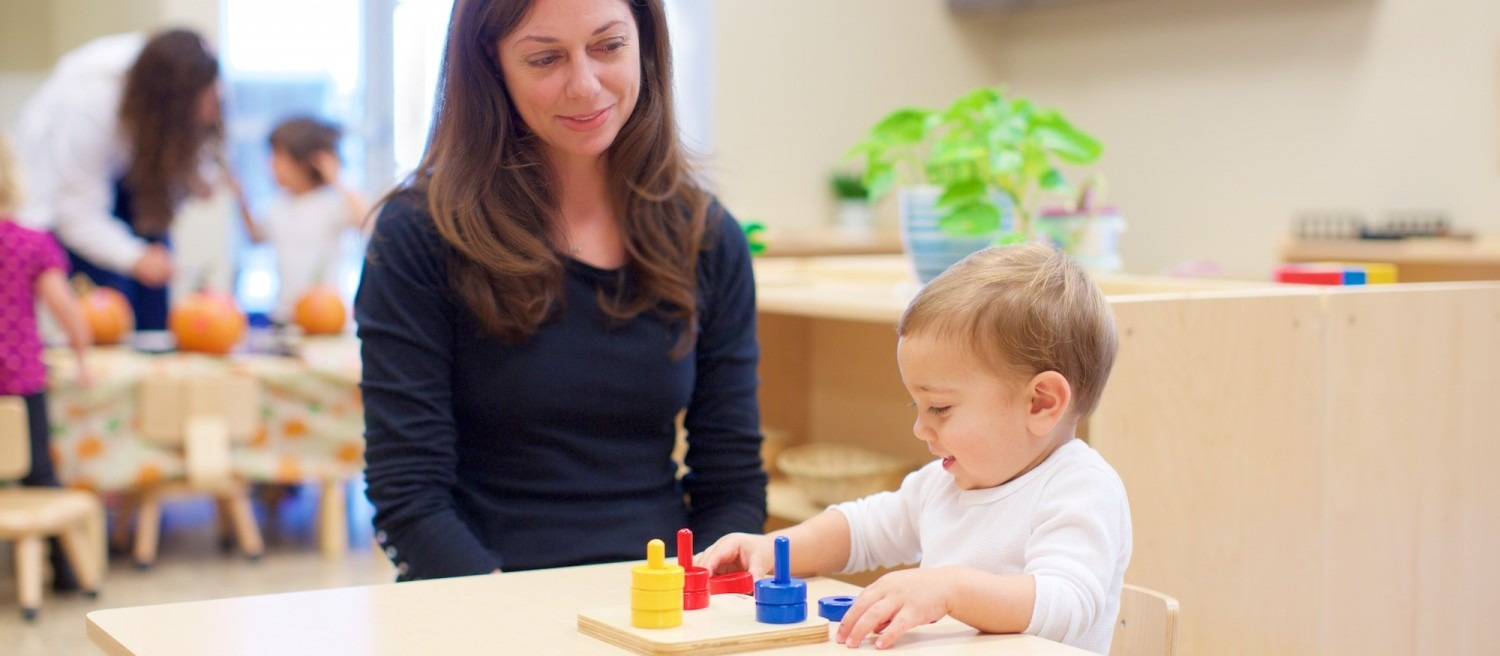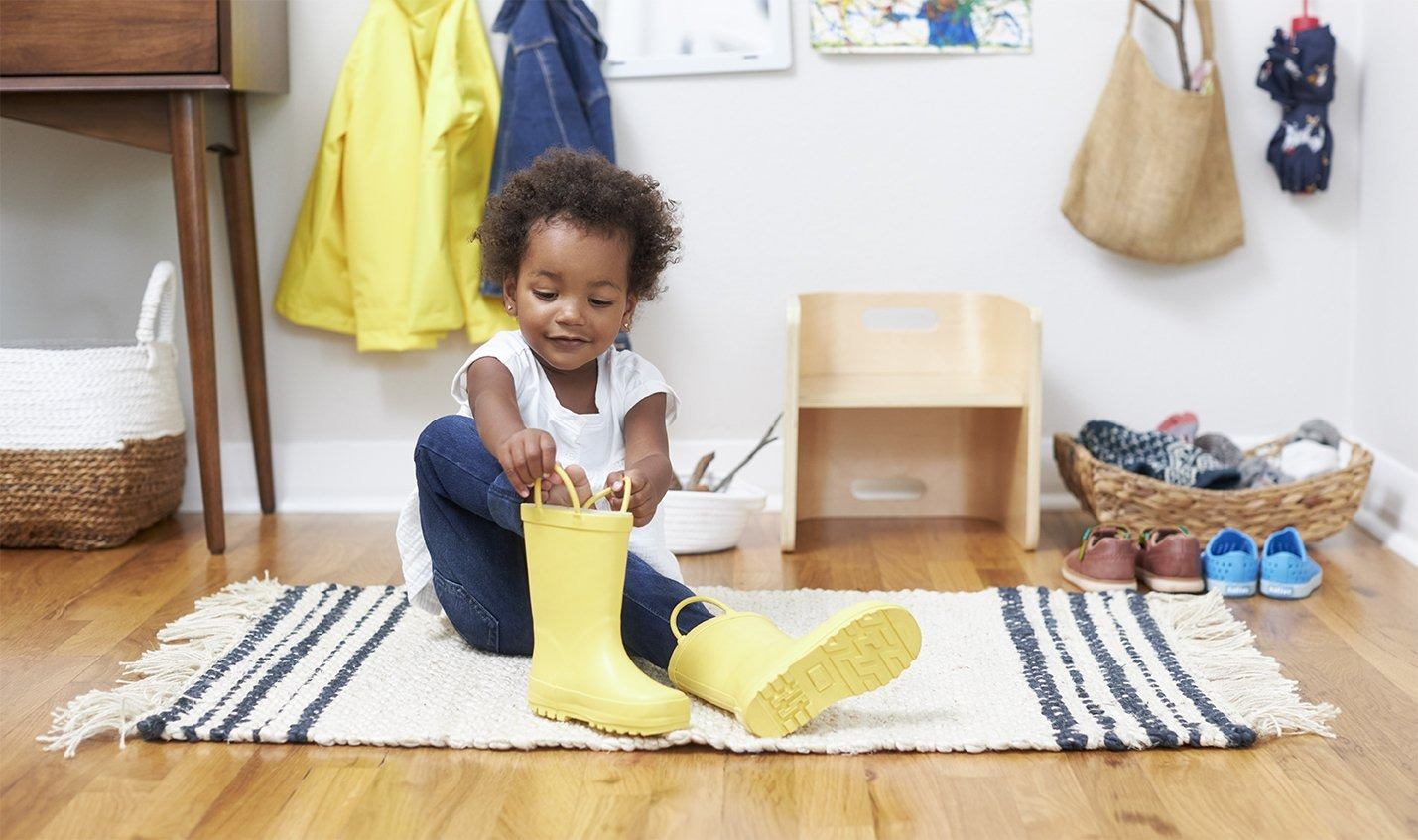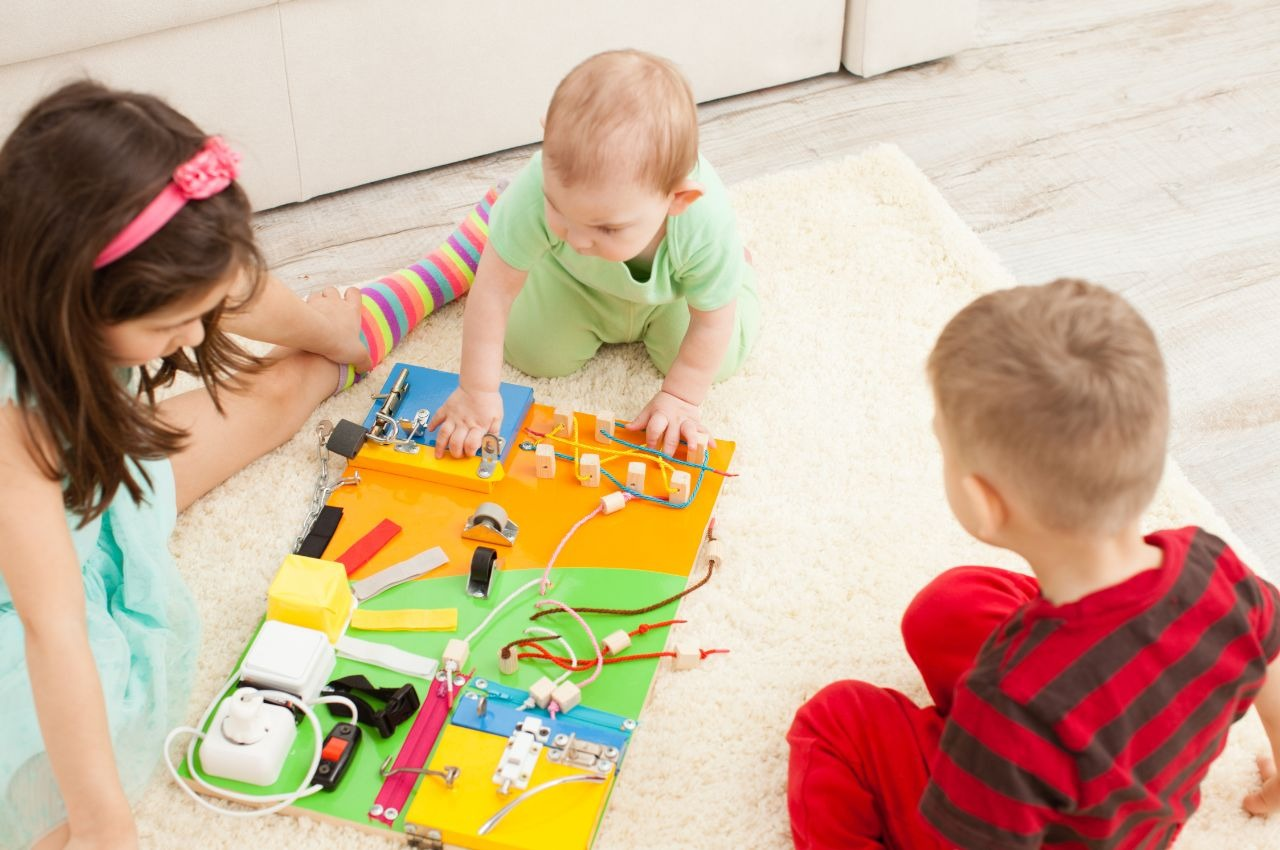
Hey there, amazing parents, grandparents, and caregivers! Today, we’re diving deep into the world of Montessori parenting. If you’ve ever wondered how to raise independent, emotionally intelligent, well-rounded kids, you’re in the right place. So grab a cup of coffee, and let’s get started!
Is the Montessori Method Effective?
Spoiler alert: Yes, it is! The Montessori Method has been around for over a century and is still strong. Why? Because it’s all about nurturing a child’s natural curiosity, fostering independence, and encouraging hands-on learning. It’s not just a teaching method; it’s a way of life that can start right in your home.
How To Be A Montessori Parent
1- Following Your Child’s Lead
The Deep Dive: Your child’s interests are like little sparks. Ignite them, and you’ll have a fire of curiosity to light up their educational journey.
Say your child is fascinated by bugs today. Don’t just acknowledge it; become an entomologist together. Read books about bugs, watch documentaries, or even go on a bug-hunting expedition in your backyard. This approach not only enriches their knowledge but also strengthens their parent-child bond.
Pro Tip: Keep a “curiosity journal” where you jot down what piques your child’s interest each week. It’s a great way to keep track and plan future learning adventures.
2- Keeping An Eye Out For Sensitive Periods
The Deep Dive: These sensitive periods are like windows of hyper-learning. They’re when your child is most capable and interested in acquiring specific skills or knowledge. For example, many children go through a sensitive period of language between the ages of 18 months and three years. This is the perfect time to introduce a second language or focus on vocabulary building.
Pro Tip: Create a “sensitive periods” calendar. Mark down when you notice these phases and what they’re related to. It’ll help you prepare the right resources and activities.
3- Observe And Adapt
The Deep Dive: Observation is critical in Montessori parenting. It’s not about passive watching; it’s active engagement with your child’s world. Notice what frustrates them, what excites them, and what bores them. This information is golden because it allows you to adapt your parenting style and the home environment to better suit their needs.
Pro Tip: Make it a habit to spend at least 10 minutes daily in pure observation mode. No phones, no distractions. Just you and your keen senses.

4- Montessori Parenting: Discipline
The Deep Dive: Discipline here is not about time-outs or taking away privileges. It’s about guiding behavior through natural consequences. For example, if your child refuses to wear a coat on a chilly day, they might get cold, encouraging them to wear it next time.
Pro Tip: Use “choice architecture.” Offer two acceptable options and let them choose. It fosters independence while ensuring they make a responsible choice.
5- Let Children Learn Through Play
The Deep Dive: Play is the work of childhood. It’s through play that kids learn social skills, problem-solving, and so much more. So, let them turn the living room into a pirate ship or a space station.
Pro Tip: Invest in “open-ended” toys like blocks and art supplies that can be used in multiple ways, encouraging creativity.

6- Use Effective Praise
The Deep Dive: Specific praise makes the child feel good and tells them what they did right, reinforcing the positive behavior. Instead of saying, “You’re so smart,” say, “I can see you worked hard to figure out that math problem.”
Pro Tip: Use the “SBI Model” – Situation, Behavior, Impact. For example, “When we were at the park (Situation), you shared your toys (Behavior), and it made the other kids happy (Impact).”
7- Teach Emotional Intelligence
The Deep Dive: Emotional intelligence is about recognizing, understanding, and managing our own emotions and the emotions of others. Teach your child to name their feelings and use coping strategies like deep breathing for anger or disappointment.
Pro Tip: Create an “emotion wheel” with different feelings and hang it at your child’s eye level. Use it to discuss emotions and help them identify what they’re feeling.

8- Allow Freedom While Keeping Limits
The Deep Dive: It’s all about balance. Allow your child to choose their activities, snacks, or bedtime story within your set boundaries.
Pro Tip: Use a “choice board” where you pin up acceptable options for meals, activities, and more. It gives them a visual way to make choices.
9- Teach Kids About Cause and Effect
The Deep Dive: This is about teaching accountability. If they spill milk, they help clean it up. If they’re kind to someone, they see a smile in return.
Pro Tip: Use storytelling to illustrate cause and effect. Kids love stories, which are an effective way to teach life lessons.

10- Respect Your Child As A Person
The Deep Dive: Your child is not just an extension of you; they’re their person with unique thoughts and feelings. Listen when they speak, validate their feelings, and respect their opinions.
Pro Tip: Hold weekly family meetings where everyone, including the kids, can voice their thoughts, concerns, and suggestions.
11- Provide A Child-Friendly Environment To Promote Independence
The Deep Dive: Make your home a place where your child can do things for themselves. This boosts their confidence and fosters independence.
Pro Tip: Use labels and pictures to organize toys and books. It makes it easier for them to find what they need and put things away.
12- Be a Role Model
The Deep Dive: Your actions speak louder than words. If you want your child to be kind, show kindness. If you want them to love reading, let them see you read.
Pro Tip: Create a “role model jar” where you and your child can drop notes about good behaviors you’ve observed in each other.
13- Enroll Your Kid in a Montessori Preschool
The Deep Dive: If it’s feasible, enrolling your child in a Montessori preschool can provide a seamless transition between your home environment and the educational setting.
Pro Tip: Do a “trial day” at the preschool to see how your child adapts to the Montessori environment.
14- Use Common Sense
The Deep Dive: Montessori is marvelous but not a one-size-fits-all. If you need to fix something, feel free to adapt or even step away from the Montessori method temporarily.
Pro Tip: Keep a “What Works” journal. Note down effective strategies and those that aren’t. It’s an excellent reference for the future.

15- Give Everything A Purposeful Place
The Deep Dive: Organization is vital in a Montessori home. It helps children take responsibility for their environment.
Pro Tip: Involve your child in the organization process. Let them decide where things should go (within reason). It gives them ownership of their space.

@maisonetteworld Fact: Montessori parenting isn’t just about wooden toys. Read more about what Montessori parenting looks like at the link in bio. #montessori #montessoriparenting #montessoriathome #parenting #montessorimethod ♬ Famous Mozart's Turkish March(872150) - East Valley Music
Why a Montessori Home?
A Montessori home goes beyond mere residence for your family; it’s a thoughtfully designed sanctuary to nurture your child’s innate curiosity, self-reliance, and respect for themselves and their surroundings. Montessori homes aren’t a space where learning is limited to textbooks or digital screens; instead, they are a living, breathing educational ecosystem.
From strategically placed low hooks for coats to child-friendly kitchenware, every element is intended to foster your child’s independence and boost their confidence. Open layouts, reachable shelves stocked with tactile learning resources, and secure zones for free movement all contribute to an environment that invites exploration and self-paced learning.
Moreover, a Montessori home is a practical training ground for life skills. Whether it’s mastering the art of pouring juice or participating in household chores like laundry sorting, children are offered ample opportunities to engage in real-world tasks.
But it’s not just about doing; it’s also about being. Mindfulness and respect are core values instilled through the Montessori philosophy. Children learn to give everything—from toys to family members to pets—a respectful place and purpose in their lives.
If you’re considering transitioning to a Montessori-inspired home, there’s no need for a complete overhaul immediately. Starting with minor changes, like making a corner of your kitchen more child-accessible, can set you on a more harmonious, enriching home life.
What Type of Child Thrives In Montessori?
The Montessori method is a versatile approach to education that accommodates a broad spectrum of personalities and learning styles. Whether your child is an introvert who enjoys solitary exploration or an extrovert who thrives in social settings, Montessori’s hands-on, self-paced learning environment will likely be a good fit.
It’s particularly beneficial for naturally curious children to enjoy making their own choices or have keen attention to detail. The method also fosters creativity by emphasizing open-ended activities and imaginative play.
If you’re contemplating whether the Montessori approach is right for your child, a simple way to find out is by integrating some Montessori-inspired activities into your daily routine at home. Observe how your child responds to these activities to gauge their compatibility with this educational philosophy.
Remember, Montessori isn’t a rigid system but a flexible framework tailored to your child’s unique needs and tendencies. It’s all about creating an academic and personal environment where your child can flourish.
Conclusion
Montessori parenting is more than a method; it’s a lifestyle. It’s about respecting your child’s individuality while guiding them to be responsible, empathetic, and independent. So why not give it a try? Your kids will thank you one day, trust me!
Alright, that’s a wrap for today! Feel free to share your Montessori journey in the comments below. Until next time, happy parenting!


Leave a Reply